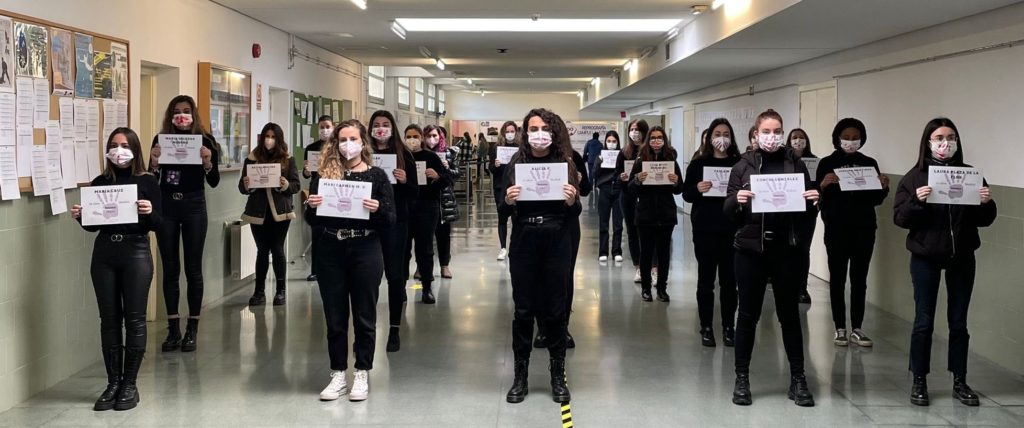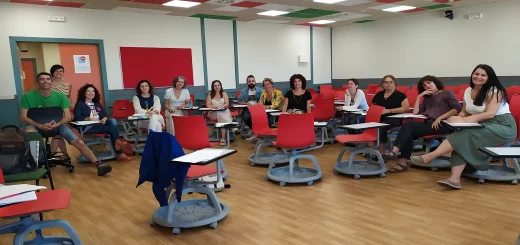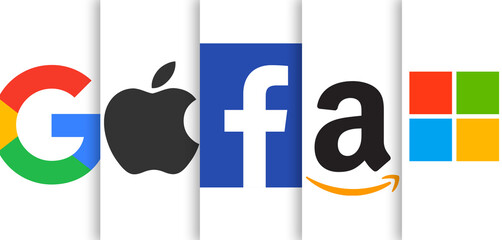Social media laboratories. An experience of socio-educational creation at the university
Social media labs (Pascale, 2018) can be characterised as one of those new institutional devices that emerge to measure the social temperature, and turn protests into proposals. In this sense, they are a mechanism with a double potential: on the one hand, they make it possible to identify new issues that institutions alone would not be able to address, and on the other, they provide an alternative way of working on these issues as well as on those that are already on the political agenda. This makes the laboratories an interesting instrument for providing solutions to socio-community intervention from the citizens themselves.
Medialabs are built on the concept of social innovation. Social innovation is defined as the development and implementation of new ideas (products, services and models) that meet community needs and create new social relationships and collaborations (European Commission, 2013). Social innovation goes beyond social entrepreneurship, addressing strategies, tactics and theories of change, which activate citizen participation in the development of shared solutions (Phills, Deiglmeier and Miller, 2008).

In our current context, there are frequent questions regarding the work of universities, the meaning of academic production and its link to the complex problems that afflict society. According to Heleta (2016) academics are not shaping public debates. More than one million articles are published annually in academic journals, which are mostly ignored by the scientific community.
As Ruiz and Alcalá (2016) state, it is key to “transform traditional centres that implemented traditional cultures into spaces for dialogue, into creative ecosystems. Simultaneously dedicated to reflection and debate, research and production, training and socialisation”.
While the world is moving at a dizzying pace, universities have changed little in terms of their operating logics and organisational structure inherited from the Middle Ages. However, some institutions are rethinking the re-foundation of the university model that we need for the contemporary reality. The most disruptive proposals propose universities without infrastructure, universities without curricula or universities in which cooperation in problem-solving is the axis that guides learning. Despite this, there are still few proposals from the academic structure, administration or forms of validation that break with the dominant models of knowledge production.
The question we ask ourselves is how to develop a social laboratory model, oriented towards the commons and social change, which simultaneously serves the production of knowledge in the humanities, the questioning of the dominant systems of knowledge production, the transformation of the university as an educational institution and the learning processes themselves. In this sense, the different ways of conceiving laboratories, whether as evidence (Sangüesa, 2010), as hypotheses (Serra, 2015) or as listening spaces (Lafuente and Cancela, 2017), should serve as possible routes or repertoires to detonate processes of social construction of knowledge from a distributed, open and collaborative perspective.
We propose to think of the social laboratory as a bet, a prototype or lab model that addresses the transformation of knowledge production processes, the reformulation of university institutions and the role of the humanities in influencing social processes from the defence of the commons.
A prototype is a tentative, provisional, incomplete, experimental, open product: “Prototyping is not so much about finding solutions as it is about making sure that the problems are well understood or, in other words, that we have been critical enough to explore the consequences of our designs and to make sure that we have taken into account almost all possible points of view”. (Lafuente and Cancela, 2017).
Laboratories play an essential role in education. Their didactic potential is high because they advocate the development of an active vision of the student in the learning processes. Medialabs or media labs have been defined as units for the discovery and promotion of new ideas (Sádaba and Salaverría, 2013). In universities, they open up spaces for experimentation with digital technologies (Edwards, 2010). Medialabs are experimental spaces where they seek to deconstruct and critique the ways in which technologies operate within society (Schmidt and Brinks, 2017).
Through this reflective exercise we seek to argue that social laboratories are platforms that enable creative and productive processes for social and institutional transformation by disrupting the processes of knowledge production associated with the defence of the commons. There is no single model or format for laboratories. However, we believe that it is important for universities to rescue the vocation for experimentation inherent to innovation in order to transform academic culture, the environment and communities. The university and the digital humanities have an invaluable opportunity to influence this process.
The development of medialabs in the university environment generates new opportunities for innovation, incorporating the hacker spirit within sometimes century-old institutions. Digital transformation, openness and social involvement take on a new dimension that is rare in higher education institutions. The innovation that the medialab brings is materialised in the materialisation of the principles and forms learned in the digital sphere. Open and shared innovation processes are generated. They are configured as generative platforms oriented towards production as opposed to the idea of a portal that shows closed content to consumer users. They are also a way of exploring the continuity of the physical and digital dimensions, far from false dichotomies between “the real” and “the virtual”.
References
Edwards, D. (2010). The Lab: Creativity and Culture. Cambridge, Massachusetts: Harvard University Press.
European Commision (2013). Guide to Social Innovation
Heleta, S. (2016). Academics can change the world if they stop talking only to their peers. The Conversation. Consultado el 3/05/2021 en https://theconversation.com/academics-can-change-the-world-if-they-stop-talking- only-to-their-peers-55713
Lafuente, A. & Cancela, M.(2017). Cómo hacer un prototipo. La Aventura de Aprender, Guía Didáctica. EducaLab y Ministerio de Educación, Cultura y Deporte.
Pascale, P. (2018). Laboratorios de Innovación Ciudadana: nueva institucionalidad para un futuro sostenible. Revista Pensamiento Iberoamericano, 6, 63-72.
Phills, J.A., Deiglmeier, K. & Miller, D.T. (2008). Rediscovering Social Innovation. Social Innovation Review, 16, 12-23
Ruiz, J.M., Alcalá, J.R. (2016). Los cuatro ejes de la cultura participativa actual. De las plataformas virtuales al medialab. Icono 14, 95-122
Salaverría, R. y Sádaba, C. (2013). Comunicación y democracia en el entorno digital. AdComunica, 5, 141–174
Sangüesa, R. (2010): Cambio de rumbo: la vida después de Citilab. Recuperado 2/05/2021 de http://ramonsanguesa.com/cambio-de-rumbo-la-vida-despues-de- citilab/
Schmidt, S. y Brinks, V. (2017). Open Creative Labs: Spatial Settings at the Intersection of Communities and Organizations. Creativity and Innovation Management, 26(3), 291–299.

Author:
José M. Gutiérrez Pequeño
Grupo CEAEX
Universidad de Valladolid






